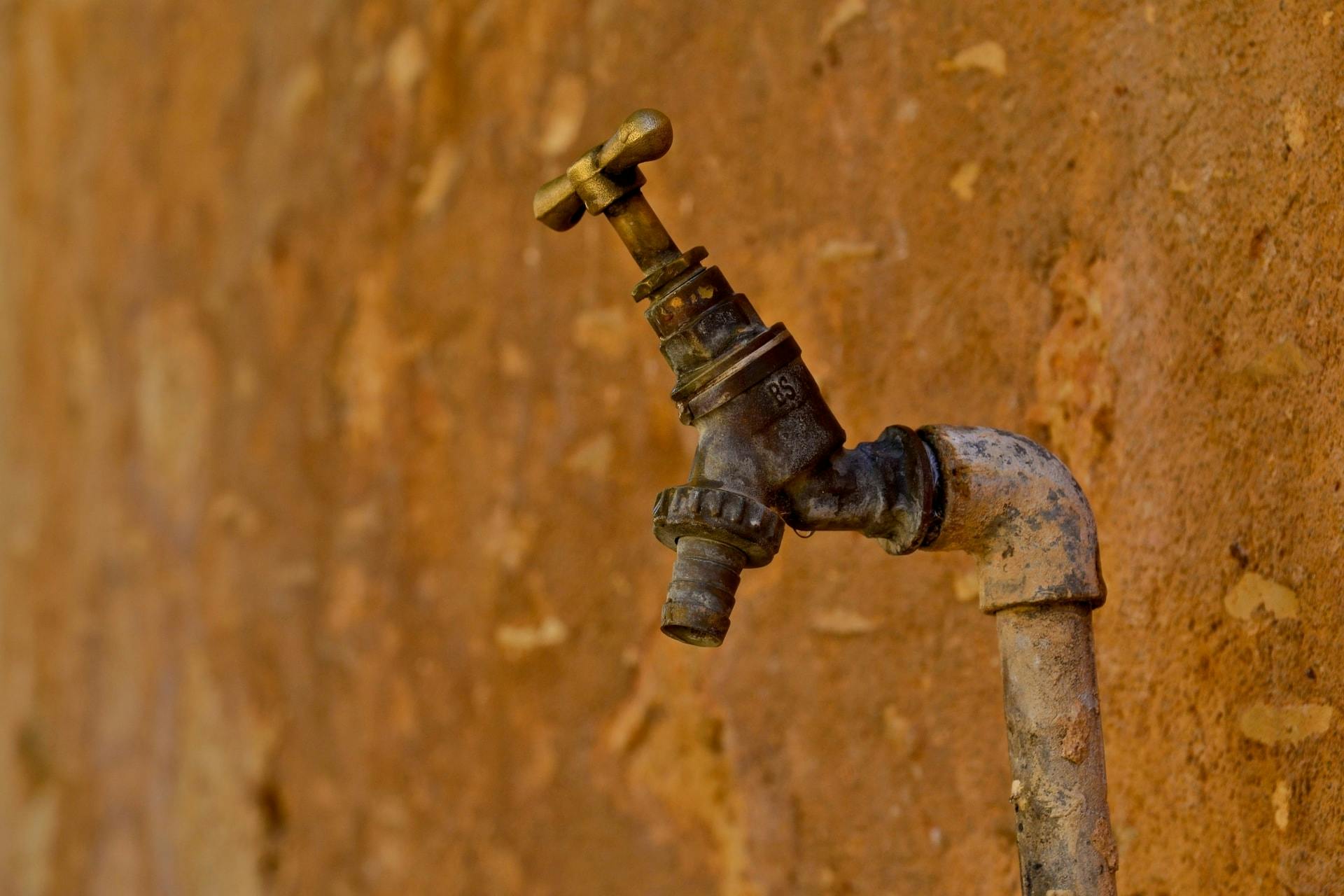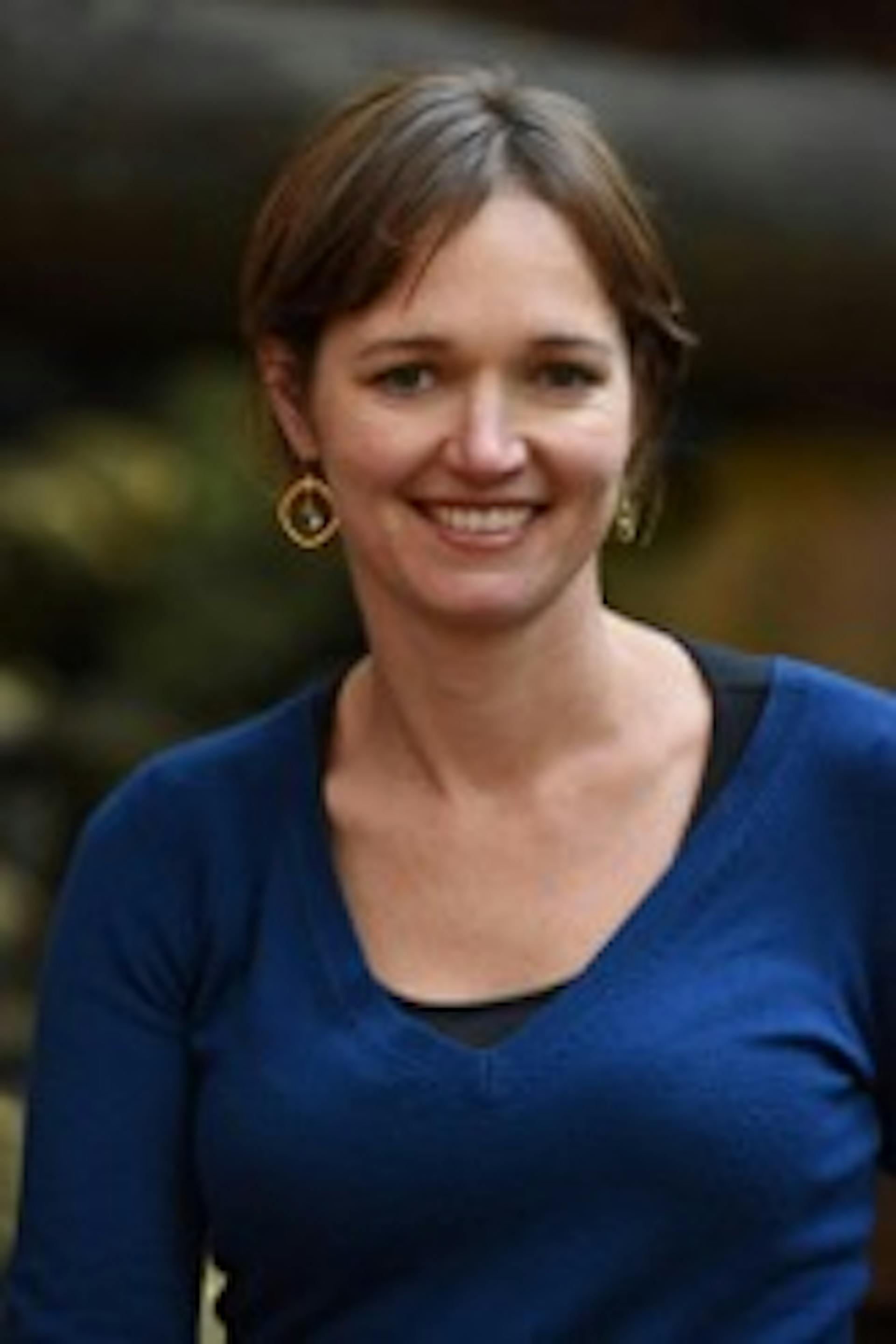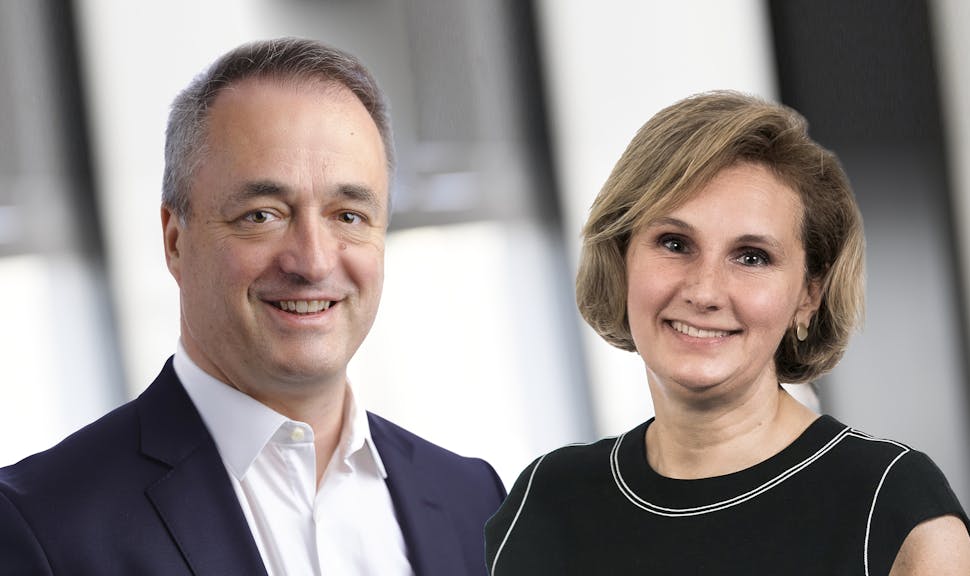
March 31, 2022
Cities must listen to people to find solutions for climate impacts: stories from Cape Town
Prof. Gina Ziervogel, former AXA Award at the University of Cape Town, and Dr. Johan Enqvist discuss their work on inequality in water access in Cape Town and describe a project that brought city authorities and community members together.
1 minute
Listen to Pasha, The Conversation Africa's podcast
LISTENOriginal Content: The Conversation, in partnership with the AXA Research Fund
A few years ago the South African city of Cape Town was close to reaching day zero
– the day the taps would run dry as a result of a serious drought. Households had to restrict their water usage, water tariffs increased, and businesses had to rethink how they used water. But the situation affected people unequally. Households experienced it in different ways. The poor and vulnerable suffered the most.
With the changing climate, problems like these aren’t going anywhere. Water scarcity, higher temperatures, and changing rainfall patterns will become more common, so finding ways to adapt is important. And in a city where inequality and financial pressures are deep and complex, adaptive change will take time.
It also takes information. For city planners and decision-makers, data is essential – but not just quantitative data. They need to engage with people to understand how they experience issues like water scarcity.
In today’s episode of Pasha, two researchers discuss their work on inequality in water and describe a project that brought city authorities and community members together. Gina Ziervogel is in the Department of Environmental and Geographical Science and Johan Enqvist is with the African Climate and Development Initiative, both at the University of Cape Town.
Music:
Happy African Village
by John Bartmann, found on FreeMusicArchive.org licensed under CC0 1.
Ambient guitar X1 - Loop mode
by frankum, found on Freesound licensed under Attribution License.
Video: Making sense of a water crisis
filmed by Odendaal Esterhuyse




